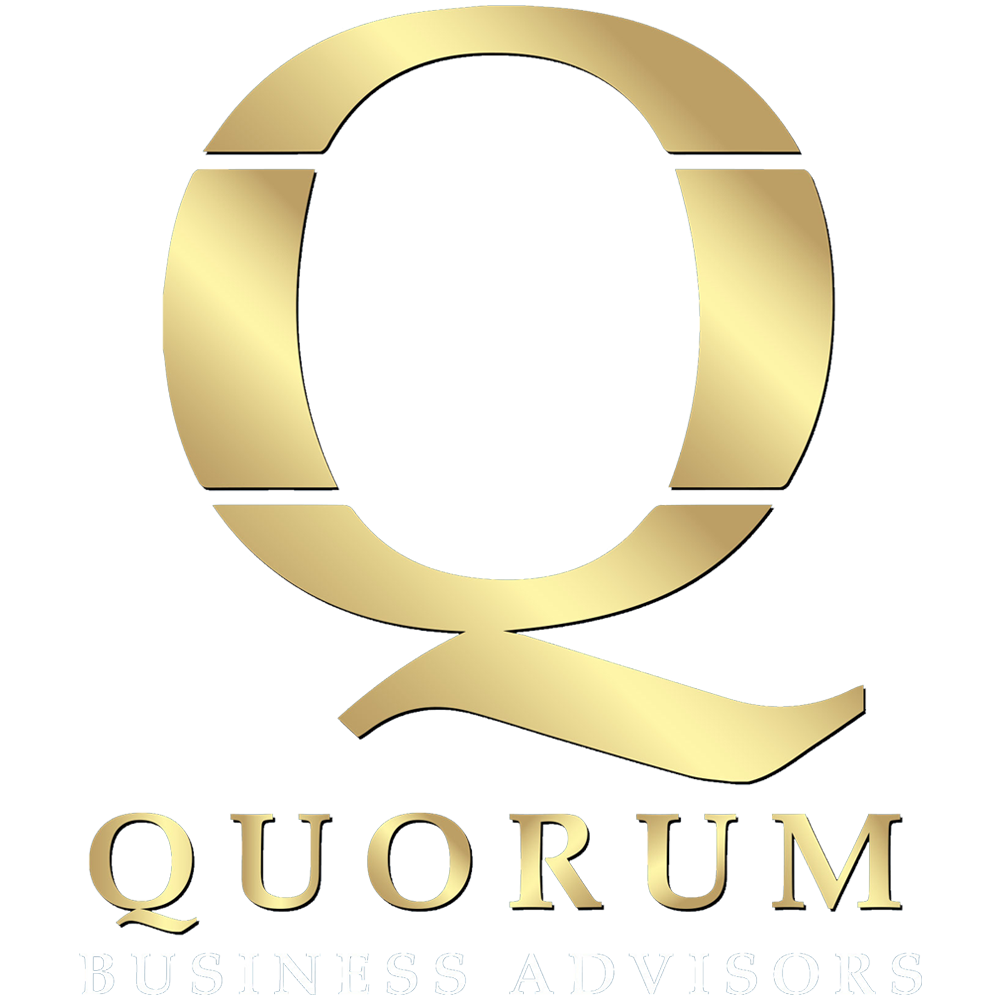There are many factors that determine the value of a business. But the actual value is what a buyer is willing to pay and a seller is willing to accept.
The main reason a buyer will want to buy your business is the amount of owner benefit they can expect to derive from it. Owner benefit can be realized in a number of ways.
1. Cash flow – the amount of expendable cash they will have available to cover the owner’s salary, debt service and return on investment in the form of profit
2. Tax benefits – the ability to write off depreciation, amortization, interest payment and other expenses such as meals, trips and automobiles.
3. Personal benefits – the ability to have the business pay for life insurance, health insurance and retirement benefits.
The more benefits that can be derived from a business the more a buyer will be willing to pay for it. While there are rules of thumb of each industry, every business is unique. Every buyer is unique too and they will buy the business if they feel it meets their needs.
The best formula for valuing a business is the “asset test”. This formula has been around for a long time but it is still valid today. The acid test looks at the amount of time it will take a buyer to recoup their investment while accounting for a reasonable owner’s salary and debt service.
Here is an example of the asset test applied to a business
Price $600,000
Down payment $120,000
Borrowed money $480,000
Owner benefit $214,000
Reasonable owner salary $74,000
Annual Debt Service $61,000
Annual return $79,000 (owner benefit – salary – debt service)
In this case the annual return on the seller’s cash investment is 66% and the initial cash investment will be paid off in less than two years. The return on total investment is 13.2%. This would be an excellent investment and this business is likely to sell quickly.
There are other conditions that must also be considered. Such as capital assets, inventory on hand, deferred capital investment, changes in the industry and general economic conditions. However the acid test provides a good benchmark for determining a business’s value.
Many sellers develop an emotional attachment to their business and believe they should be paid more because of the “blood, sweat and tears” they have put into building it. But a business is only worth what the marketplace will bear.
Here are some other factors that will affect the value of a business.
1.The ease or difficulty with which someone can start the same type of business
2.The amount of competition in your industry
3.Industry trends
4.The level of risk a buyer will assume
In valuing a business special consideration should be given to comparable sales. That is the sold price of similar businesses. A professional Business Broker can help you ascertain the likely selling price of your business. They also have the skills necessary to guide you through the process to a successful sale.
How much is my business worth?
By Anthony Rigney
Broker and Owner of Quorum Business Advisors
Call today for a free consultation.
904-725-7677

